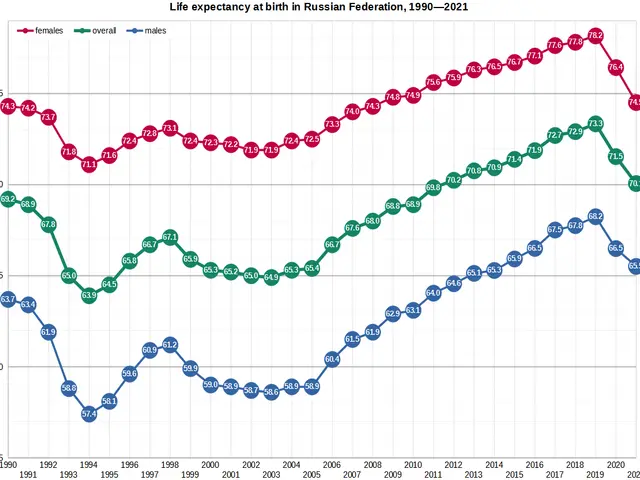New legislation by HMRC for tax advisers generates concerns of undue pressure amongst industry professionals
The UK government has announced ambitious plans to raise over £1bn in additional gross tax revenue, with a significant focus on HMRC. As part of these plans, HMRC is set to receive extra funding and powers, as well as a modernization of its existing registration services, with an investment of £36m.
In July 2024, HMRC published a policy paper and draft legislation outlining the new requirement for tax advisers to register, starting from April 2026. This move is aimed at increasing transparency, strengthening compliance, and maintaining public confidence in the tax system.
HMRC is committed to working closely with the tax adviser community to ensure a smooth implementation of the new regulations. The government's intention is to raise standards in the tax advice market, while also easing administrative burdens and costs for both advisors and authorities.
Rachel Reeves, the driving force behind these changes, has highlighted the need for increased tax revenue. The operative date for mandatory registration is 1 April 2026, with a three-month transition period.
Richard Atkinson, a prominent figure in the field, has suggested that the legislation should focus on those agents who pose the greatest compliance risk. He has also expressed concern about the broad definitions of 'tax adviser' and 'interaction with HMRC', which could potentially impact many legal professionals who do not specialize in tax or act as advisers in a significant way.
Atkinson has also recommended avoiding regulatory duplication and providing greater clarity on the differences between firm-level and individual-level regulations. He has urged for a review and reduction of redundant reporting obligations, specifically in credit reporting, to ease administrative burdens and costs for both banks and authorities.
The proposed law will be introduced within the Finance Bill 2025-26. HMRC is currently reviewing feedback received as part of a recent consultation on the matter regarding tax advisers. The president of the Law Society has criticized the current framework, claiming it risks imposing significant new burdens and uncertainty on advisers.
As the government continues the rollout of Making Tax Digital (MTD) for income tax self-assessment, with sole traders and landlords with qualifying income over £20,000 joining from April 2028, these changes to the tax adviser landscape are set to play a crucial role in the UK's financial future.




